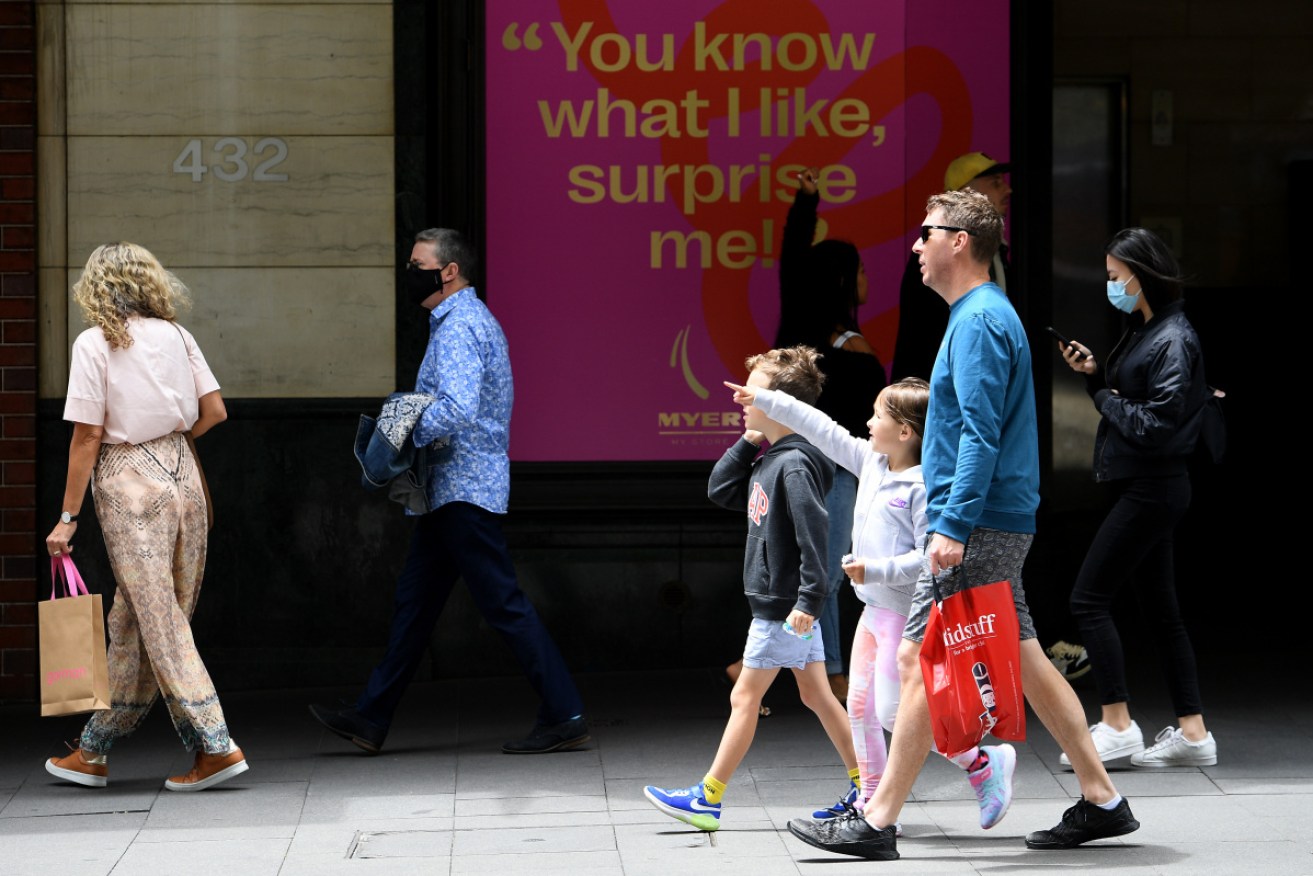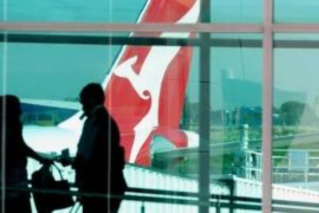Consumer mood lifts as normality returns


The IMF says Australia's economy is on a narrow path for a soft landing amid global headwinds. Photo: AAP
The mood among Australians improved in the past week as the nation inches closer to some sort of normality with COVID-19 restrictions continuing to ease.
The ANZ-Roy Morgan consumer confidence index rose 1.3 per cent, recouping around half of the decline of the previous week.
Notably, confidence surged 4.9 per cent in Victoria after the state eased all its remaining COVID-19 restrictions for fully vaccinated citizens.
Concerns surrounding the inflation outlook also eased back, despite petrol prices hovering close to record highs.
The survey’s inflation expectations index dropped 0.4 percentage points from a seven-year high to 4.6 per cent.
“This indicator can be volatile from week to week, so we are cautious about overreacting to one survey reading,” ANZ head of Australian economics David Plank said.
“If the fall in inflation expectations is sustained, however, it may be an important signal for wages growth.”
Inflation expectations provide an indicator as to where price pressures may be heading and can be used in setting prices and wages.
The Australian Institute of Petroleum said on Monday the national average unleaded pump price rose 1.7 cents a litre last week to 166.2 cents a litre, only just shy of a peak set in October.
The partial recovery in consumer confidence — a pointer to future household spending — comes ahead of this weekend’s so-called Black Friday-Cyber Monday sales when billions of dollars are predicted to be spent.
Meanwhile, Australia’s exporters are expecting a strong recovery in their businesses in 2022.
The DHL export barometer found 69 per cent of businesses surveyed are confident export orders will increase next year, in line with a pre-pandemic level in 2019, but up from a 19-year low of 47 per cent in 2020.
Almost three in five firms that experienced export revenue declines in 2021 expect to return to pre-pandemic levels by the end of 2022.
However, the increased cost of freight was cited as the biggest challenge facing businesses.
“International travel restrictions that created a shortage in airline cargo capacity in 2020 have created flow-on effects to the cost of freight and the ability of exporters to visit business contacts and manufacturing facilities overseas,” DHL Express Australia chief executive Gary Edstein said.
– AAP








